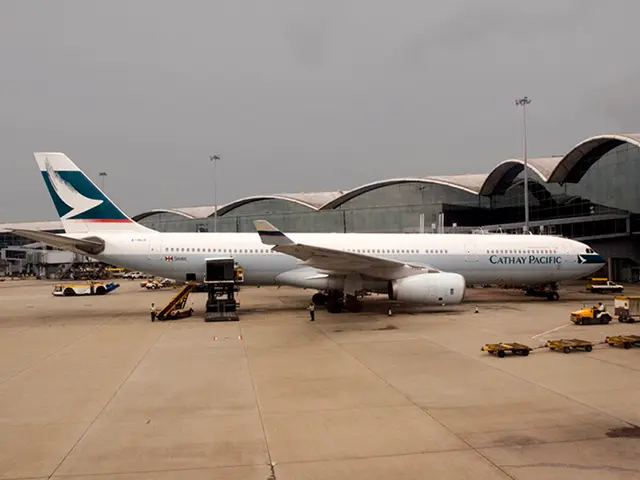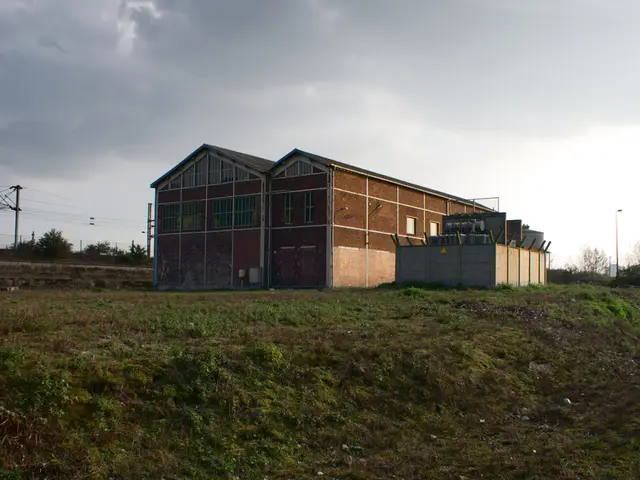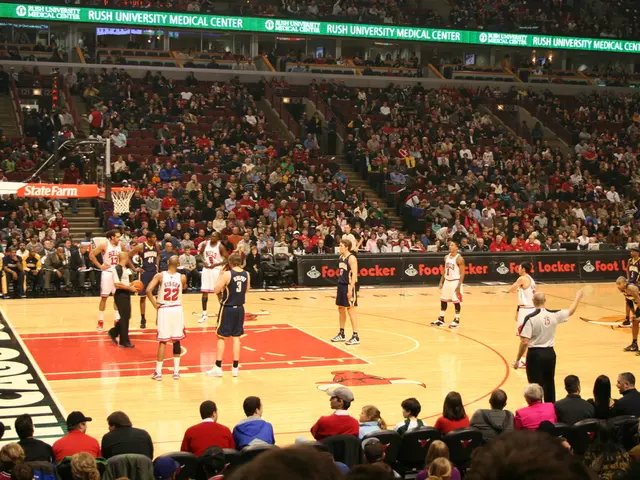Adjust agricultural assistance to account for inflation, akin to MPs and MLAs' wages: Vice President
Vice President Jagdeep Dhankhar spoke to faculty members and students at the Rajmata Vijayaraje Scindia Agriculture University in Gwalior on Sunday, emphasizing the importance of addressing inflation when providing financial assistance to farmers and advocating for Direct Benefit Transfer (DBT) in fertilizer subsidies.
Highlighting the need for inflation-adjusted assistance, Dhankhar stated, "Just like the Prime Minister has factored inflation into legislator and MP salaries, we should also consider inflation when supporting farmers."
Dhankhar's presentation centered around DBT in fertilizer subsidies, referencing the successful implementation of such a system in the United States. He suggested, "If the same money were directly transferred to farmers, each household in India could potentially receive around Rs 30,000 per year."
Stressing the disadvantage of the current system, Dhankhar pointed out that farmers do not truly feel the impact of subsidies. He expressed a desire for a system change, stating, "Producing and selling immediately may not be a prudent decision."
Dhankhar emphasized the crucial role of farmers in India's development, stating, "We're on the cusp of an agricultural revolution that will shape our future." He urged students to address the challenges faced by farmers, including perishable agricultural produce, by properly managing post-harvest warehousing and cold storage systems.
In conclusion, Dhankhar underlined the importance of Indian farmers transitioning from simple producers to 'agripreneurs' for improved livelihoods and called for enhancing the value-addition chain. He encouraged students to prioritize the national interest and commended the life of Rajamata, who believed in nationalism above all.
DBT in Indian Agriculture
The DBT system for farmers in India has been implemented to ensure targeted subsidy disbursement, with significant savings resulting from reduced subsidy leakages. The system has evolved with reforms, including a shift towards Nutrient-Based Subsidy (NBS), which encourages balanced nutrient application and aims to reduce overuse of urea.
The US, however, primarily employs indirect agricultural support programs focusing on income stabilization and risk management, rather than direct fertilizer subsidies through DBT.
Reflection
VP Dhankhar's motivational speech shed light on the potential benefits of upgrading India's agricultural sector by adopting modern methods, such as DBT in fertilizer subsidies. The onus is now on students and policymakers to bring about transformative change for India's farmers, empowering them as key contributors to the nation's growth.
- The Vice President's advocacy for Direct Benefit Transfer (DBT) in fertilizer subsidies underscores the need for policy-and-legislation changes that could help farmers in India's economy, particularly in light of ongoing inflation.
- In the context of the US's indirect agricultural support programs, the successful implementation of Direct Benefit Transfer (DBT) in fertilizer subsidies, as per Vice President Dhankhar's suggestion, could lead to significant improvements in the lives of India's farmers and contribute to the general-news story of the nation's development.








